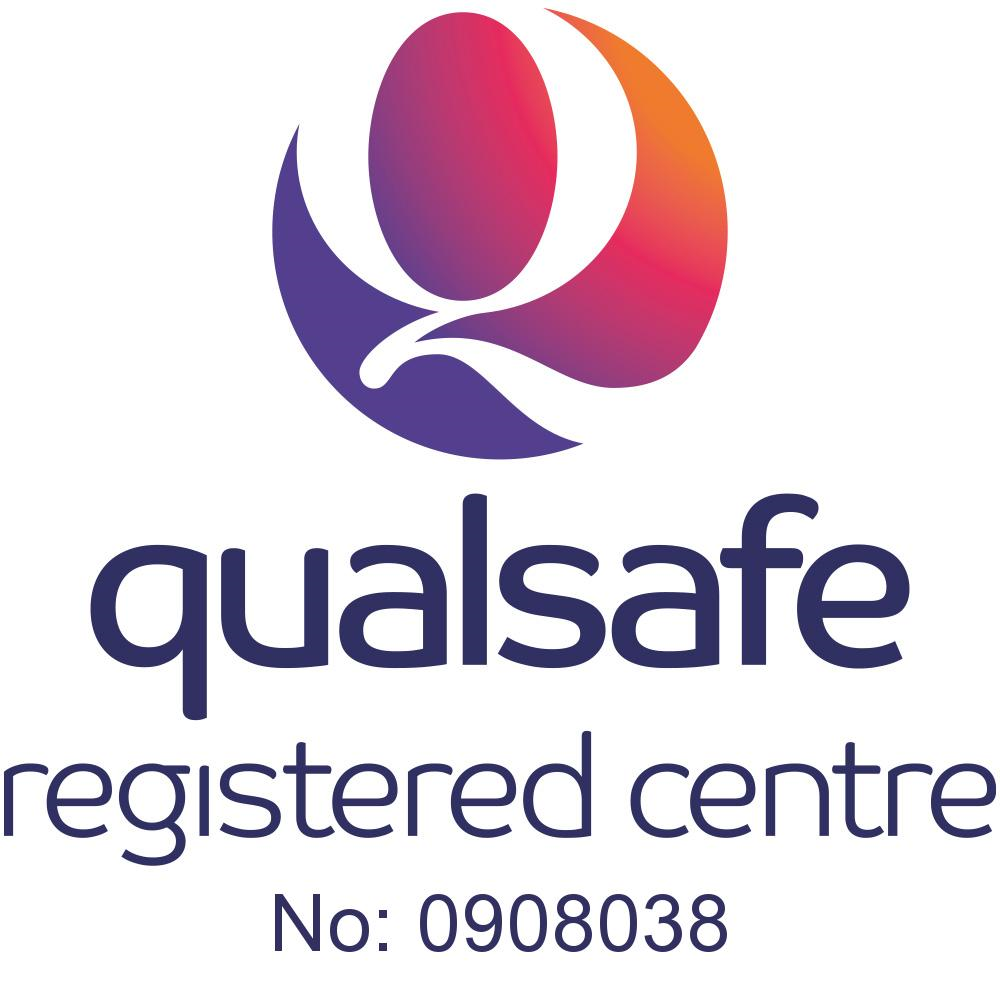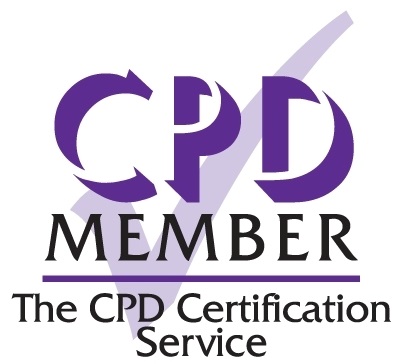Dysphagia
Learning Outcomes
- Explain the four stages of swallowing (oral preparatory, oral, pharyngeal, oesophageal), and describe how each stage can be disrupted in different clinical groups, including people with learning disabilities.
- Identify common signs of dysphagia, such as coughing, food refusal, voice changes, recurrent chest infections, or mealtime distress, particularly in non-verbal or cognitively impaired individuals.
- Support individuals during meals safely, using evidence-based techniques like upright positioning, slow pacing, texture modification (IDDSI Levels 0–7), and adherence to SLT plans.
- Work effectively within a multidisciplinary team, contributing to the development, review, and implementation of feeding risk assessments and care plans.
- Make ethically sound and legally compliant decisions, recognising when individuals may lack capacity, and following Mental Capacity Act guidance to protect their rights and safety
- Demonstrate compassion and inclusion, maintaining dignity, respecting cultural food preferences, and promoting social engagement during mealtimes—even when diet is restricted
Aim
The aim of the course is to enhance the knowledge, skills, and confidence of healthcare professionals in identifying, supporting, and managing individuals with dysphagia (swallowing difficulties), with particular attention to those living with learning disabilities, neurological conditions, and age-related vulnerabilities. The course explores the swallowing process, causes and signs of dysphagia, safe feeding practices, and the critical role of the multidisciplinary team—especially Speech and Language Therapists (SLTs)—in person-centred care planning
Why Customers would Benefit from the Dysphagia Training Course?
This course is essential for any organisation that supports individuals who have difficulty swallowing (dysphagia), particularly within care homes, domiciliary care, supported living, and nursing services. The training empowers staff with the confidence, skills, and knowledge to identify swallowing difficulties early, reduce the risk of choking and aspiration pneumonia, and support individuals with dignity and safety during mealtimes. It also helps providers meet their legal obligations under the Health and Social Care Act 2008, CQC Key Lines of Enquiry (KLOEs), and duty of care principles

Key Benefits for Customers:
Improved Service User Safety
Staff are trained to recognise and respond to signs of dysphagia, reducing choking and aspiration risks.
Regulatory Compliance
Supports compliance with CQC requirements, NICE guidelines, and local adult safeguarding procedures.
Enhanced Staff Confidence and Competence
Workers gain the practical knowledge and awareness needed to support people safely and compassionately.
Better Nutritional and Hydration Outcomes
Learners understand the importance of modified diets, safe feeding techniques, and hydration support.
Reduction in Avoidable Hospital Admissions
Early identification and management can prevent serious complications and emergency interventions.
Positive Inspection Outcomes
Trained staff demonstrate safe practices and understanding during CQC inspections, promoting a well-led and effective service.
Reinforces Dignified Care
Emphasises the importance of empathy, communication, and choice when supporting individuals with swallowing difficulties.
Adaptable to Mixed Experience Levels
The course caters to new staff and experienced carers alike, ensuring consistent standards across teams.
Supports Multidisciplinary Working
Encourages collaborative care with speech and language therapists (SLTs), GPs, and dietitians.
Let’s Talk About Your Training Needs
Our friendly team is ready to help you build the right training solution for your care setting.
Dysphagia
Course
Dysphagia
Level
2
Practical
Yes
Duration
2-3 Hours
Certificate Length
2 Years
Number of Delegates
12
What Our Customers Say About Us

Registered Manager
Residential Care Home

Domiciliary Care Provider
Residential Care Home


